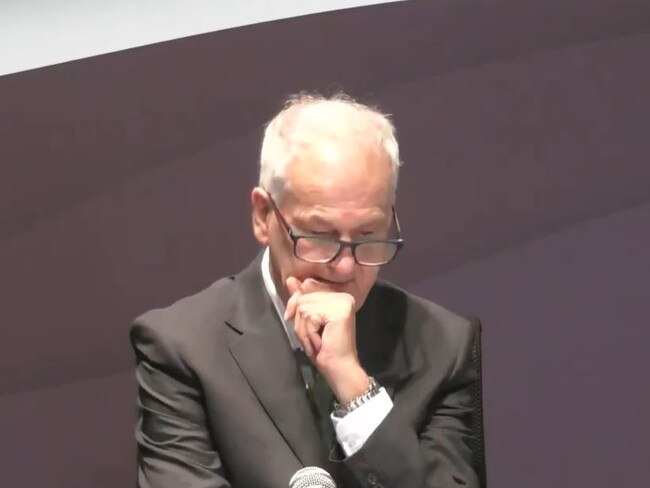Raise the age of consent to 18, says Tasmania’s Director of Public Prosecutions
Tasmania’s Director of Public Prosecutions has suggested raising the age of consent to 18. FULL DETAILS>>>
Police & Courts
Don't miss out on the headlines from Police & Courts. Followed categories will be added to My News.
THE legal age of consent in Tasmania should be raised to 18, the state’s Director of Public Prosecutions says.
Daryl Coates SC, giving evidence before the child sexual abuse commission of inquiry on Thursday, was questioned over Tasmania’s consent laws and the age of consent – which he said should be lifted from 17 to 18, when a person “becomes an adult”.
Mr Coates agreed, under questioning from counsel assisting the commission, Rachel Ellyard, that a child under 17 in Tasmania cannot give consent, unless that child and the other person are “quite close in age”.
Ms Ellyard asked why consent was a consideration in some child sexual abuse cases.
Mr Coates said the issue could come up in rape cases.
“The difficulty is, I suppose, with teenagers,” he said.
“If the person’s charged with penetrative sexual abuse of a child, there’s no issue, there would be nothing mentioned about consent. If (it’s a) charge of rape, we’d have to prove lack of consent.”

Ms Ellyard said the commission had heard a lot of evidence about the way children were groomed to be sexually abused in a way to make them think they were consenting, or giving the outward appearance of consenting.
“Actually that makes it worse, it makes it worse for them in the longer term, it makes the offender more morally culpable,” she said.
Ms Ellyard said a victim-survivor giving evidence on Friday was one example where she was said to have “consented” to the abuse.
“The judge at the time … referred to the fact it was consensual,” she said.
“At the time, she didn’t see that as being a problem because she’d been groomed to believe that she had consented and that she shared responsibility. But she’s come to understand in her perspective how unfair it is to suggest that she as a child ‘consented’.”
Mr Coates explained that child sexual abuse offences covered “such wide conduct”, including sex between a 14-year-old and a 17-year-old, to young people who had been “groomed by persons in authority”.
Commission president Marcia Neave asked if he would support a provision in Tasmanian law that even if a child was aged 17, it would be an offence for a “person in authority” to engage in sexual acts with them.
“I actually think it would be better to increase the age from 17 to 18 and just leave it (that the perpetrator was in a position of authority) as an aggravating factor,” he said, noting such provisions would add to the complexity of prosecutions.
“I think most people in the community would think that a person’s still a child when they’re 17, or a young person when they’re 17 – that 18 is when you become an adult.”





